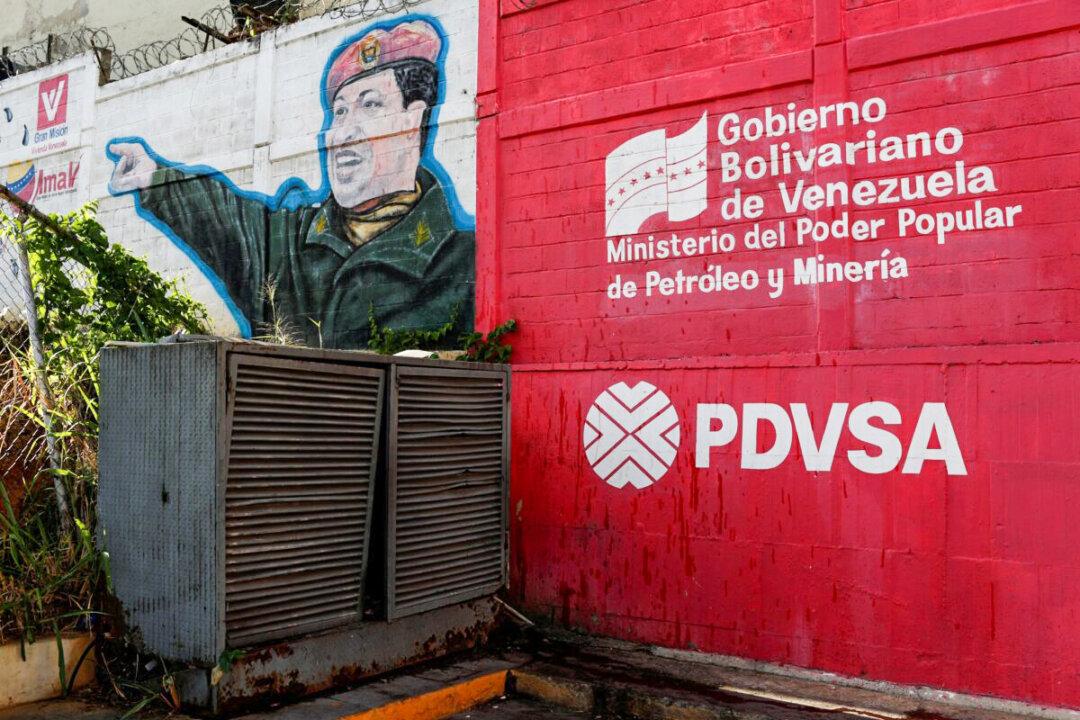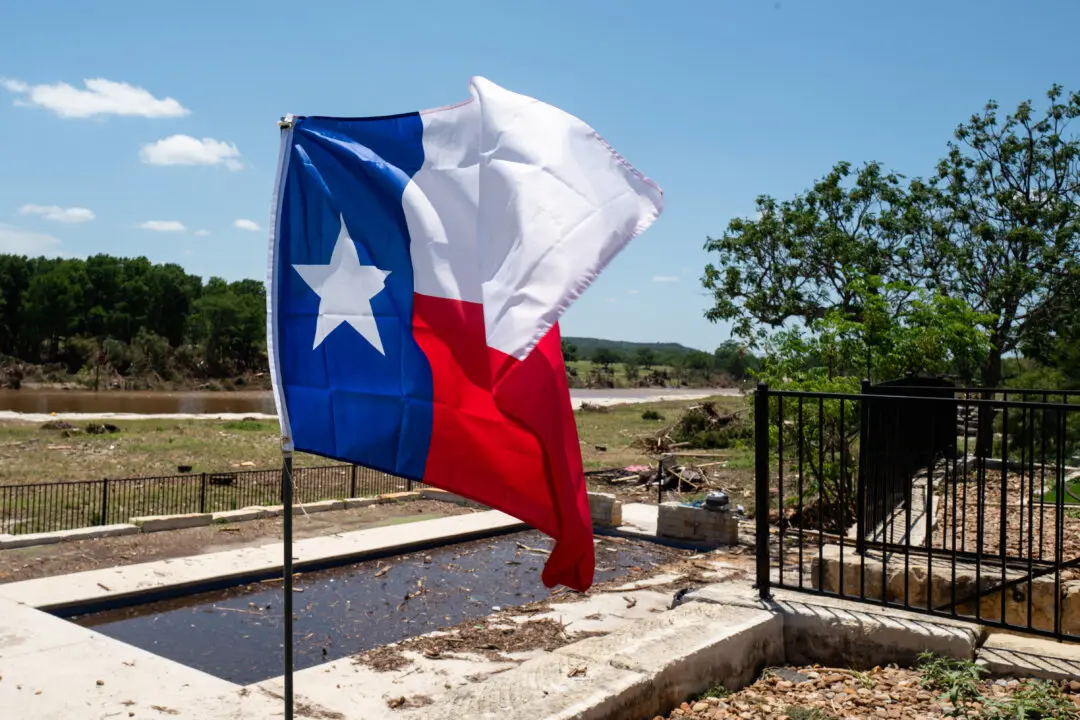A discussion hosted by conservative think tank The Heritage Foundation gave rise to questions about U.S. President Joe Biden’s recent moves to ease restrictions on Cuba and Venezuela—including his actions to step up Venezuelan oil production.
“At a time when the Biden administration is restricting domestic energy, he’s giving the [Venezuelan] dictator [Nicolás] Maduro the green light,” said Mike Gonzalez, host of the May 31 event “Cuba and Venezuela Policy in Biden’s America Last Agenda.”





